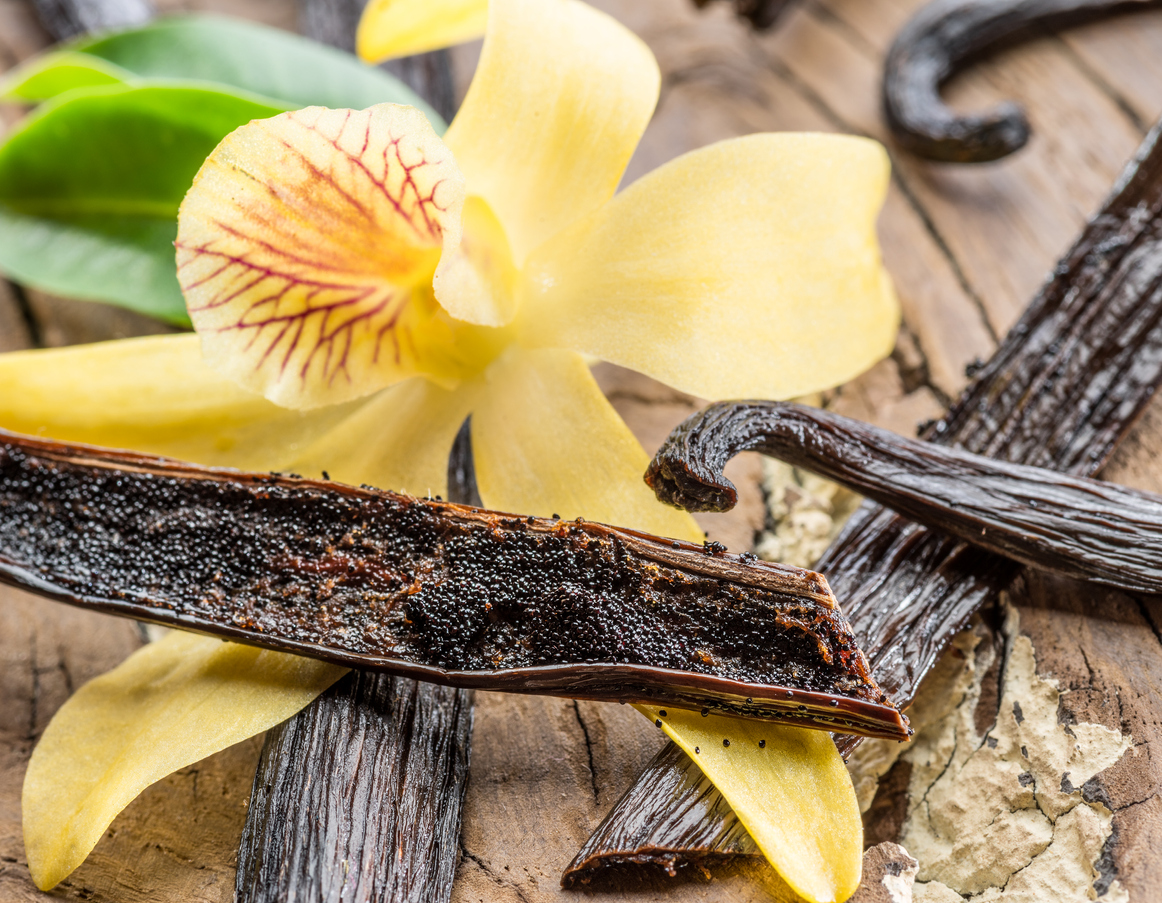From Bean to Extract: Exploring the Fascinating Process at the Biggest Vanilla Producing Company, Wigmore Trading
From Bean to Extract: Exploring the Fascinating Process at the Biggest Vanilla Producing Company, Wigmore Trading
Are you ready to embark on a journey that will unravel the secrets behind one of the world’s most beloved flavors? Join us as we delve into the captivating process from bean to extract, shedding light on the remarkable world of vanilla production at none other than Wigmore Trading, the biggest player in this aromatic industry. Get ready to be amazed by the intricate steps involved in creating that heavenly scent and taste we all crave. It’s time to unlock the tantalizing tale behind each tiny vanilla bean and discover why Wigmore Trading stands out as a true pioneer in this captivating field.
What is Wigmore Trading?
Wigmore Trading is one of the world’s leading vanilla producers. The company has been in operation for over 150 years and produces over 1 million pounds of vanilla each year. Vanilla is a key ingredient in many types of baking, and its aroma is often cited as one of the reasons why people enjoy baked goods.
To produce vanilla, Wigmore Trading relies on three main processes: bean cultivation, extraction, and refining. Bean cultivation begins with selecting the right variety of coffee beans. The beans are then roasted and ground into a powder before being mixed with water to form a paste. This mixture is then spread out in small gardens known as “pods” and left to ferment for two months. During this time, the beans will release natural chemicals that contribute to the flavor and aroma of vanilla extract.
After fermentation, the pods are dried out in the sun or in an oven before being chopped up into small pieces and put through a process called “decoction.” During decoction, the pod pieces are boiled until they release their liquids which are then collected and concentrated into extracts using various solvents.
Extraction takes place in large industrial plants known as “vanilla factories.” In these facilities, steam is used to extract the essential oil from the pod pieces while at the same time removing any impurities that may have formed during decoction. The oil is then distilled using different solvents until it reaches its desired concentration before being packaged for sale
How Does Wigmore Trading Produce Vanilla?
Wigmore Trading is the largest vanilla producing company in the world, and they produce a variety of other spices as well. Vanilla is their most famous product, but they also produce cloves, ginger, coriander, and cardamom.
To produce vanilla beans, the company starts with either fresh or dry beans. They use a method called cold extraction to extract the flavor and essential oils from the beans. The beans are put into water that has been heated to around 85 degrees Celsius (185 degrees Fahrenheit). This process takes about two and a half hours.
After the extraction process is complete, the water is cooled down to around 30 degrees Celsius (86 degrees Fahrenheit). This liquid is then passed through a series of filters to remove any impurities. The final product is vanilla extract that contains between 45 and 55 percent vanilla oil.
The History of Vanilla
Vanilla is one of the world’s most popular spices. It’s used in everything from ice cream to pie to cakes, and it has a rich history.
vanilla was first grown in Peru around 1000 AD. At its peak, Peru was the world’s largest producer of vanilla beans. But in the early 20th century, production shifted to Madagascar due to cheap labor and better growing conditions. Today, Madagascar is the world’s leading producer of vanilla beans.
To produce vanilla extract, the beans are dried and then ground into a powder. This powder is then mixed with water and other ingredients (like alcohol) to create a liquid extract. The extract is then packaged and sold worldwide.
What are the Different Types of Vanilla?
Vanilla is a popular flavor in many foods, but what is it? Vanilla derives its flavor from the vanilla bean, which is a type of pod fruit. The pods are dried and then split open to extract the flavorful oil that is used in baking and other recipes. There are three main types of vanilla: extract, bean, and Tahitian. Extract vanilla is the most common type and is made from the pulp and seeds of the vanilla bean. Bean vanilla is made from the beans themselves and Tahitian vanilla is made from the pod but with some of the beans removed.
vanilla Extract vs Bean Extract
Vanilla extract is made from the extract of vanilla beans. Bean extract, on the other hand, is made from the whole bean. Bean extract has a stronger flavor and is used in some recipes where a more intense vanilla flavor is desired.
-Conclusion
Vanilla is one of the most popular flavors out there and for good reason. It’s a delicious, creamy flavor that can be used in baked goods, desserts, coffee drinks, and more. But where does vanilla come from? And how is it made?
The process of making vanilla starts with beans – either Madagascar or Tahiti beans. The beans are dried and then ground up into a powder. This powder is then mixed with water and other ingredients to create a mixture called extract. The extract is then put through a series of processes that result in the flavor we know and love as vanilla. These processes include boiling, steaming, and finally burning. The end result is a thick liquid that smells like vanilla and tastes great in food!








Comments are closed.